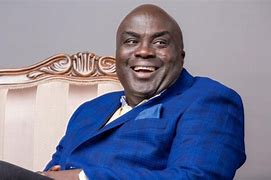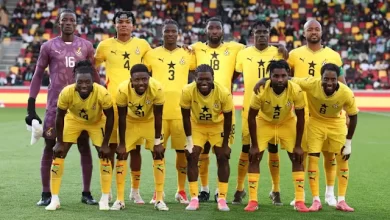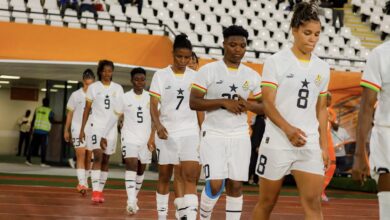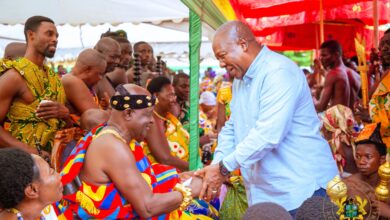
Kwame Baffoe, popularly known as Abronye DC, has made some bold claims about Julius Debrah being the number one financier of the National Democratic Congress (NDC). According to Abronye DC, Julius Debrah’s contributions to the NDC are significant, and former President John Dramani Mahama would attest to this if asked. What’s interesting is that Abronye DC is highlighting the humility of Julius Debrah, saying he doesn’t seek to draw attention to his donations, unlike Kennedy Agyapong, who publicly announced his 1 million cedis donation to the New Patriotic Party (NPP).
Abronye DC’s comments come after Kennedy Agyapong’s donation to the NPP, where he emphasized the party’s financial struggles since going into opposition. Kennedy Agyapong stated that he wanted to contribute to help run the party’s administration. However, Abronye DC is questioning Kennedy Agyapong’s motives, suggesting that his public donation was self-serving and aimed at promoting himself as the party’s primary financier.
Abronye DC isn’t holding back in his criticism of Kennedy Agyapong. He points out that Kennedy Agyapong’s company was paid 645 million Ghana cedis by the NPP’s transitional team for electricity materials supplied to the Electricity Company of Ghana (ECG), even before the NPP lost the elections. Abronye DC finds it hypocritical that Kennedy Agyapong would publicly donate 1 million cedis to the NPP while reaping significant financial benefits from government contracts.
Abronye DC contrasts Julius Debrah’s quiet donations to the NDC with Kennedy Agyapong’s public display of donating to the NPP. According to him, Dr. Mahamudu Bawumia, the NPP’s presidential candidate for the 2024 elections, donated 2.1 million cedis to the party without seeking to publicize it. Abronye DC suggests that this is what true party loyalty looks like, as opposed to Kennedy Agyapong’s approach, which he perceives as self-serving.
The debate highlights the different approaches politicians take when supporting their parties financially. While some, like Kennedy Agyapong, choose to publicize their donations, others prefer to keep their contributions private. The implications of these approaches can affect how party members and the public perceive their loyalty and commitment to the party.
The issue raises questions about party financing and transparency in Ghana’s political landscape. Should politicians be expected to disclose their donations to their parties, or is it their prerogative to choose how they contribute? The contrast between Julius Debrah’s quiet donations and Kennedy Agyapong’s public display sparks a discussion on the motivations behind these actions and their potential impact on party dynamics.
In conclusion, Abronye DC’s comments have ignited a debate about party financing, loyalty, and the motivations behind public donations. The contrast between Julius Debrah’s humility and Kennedy Agyapong’s publicity-seeking approach will likely continue to be a topic of discussion in Ghana’s political circles.
Story by: Ohemaa Adusi-Poku




